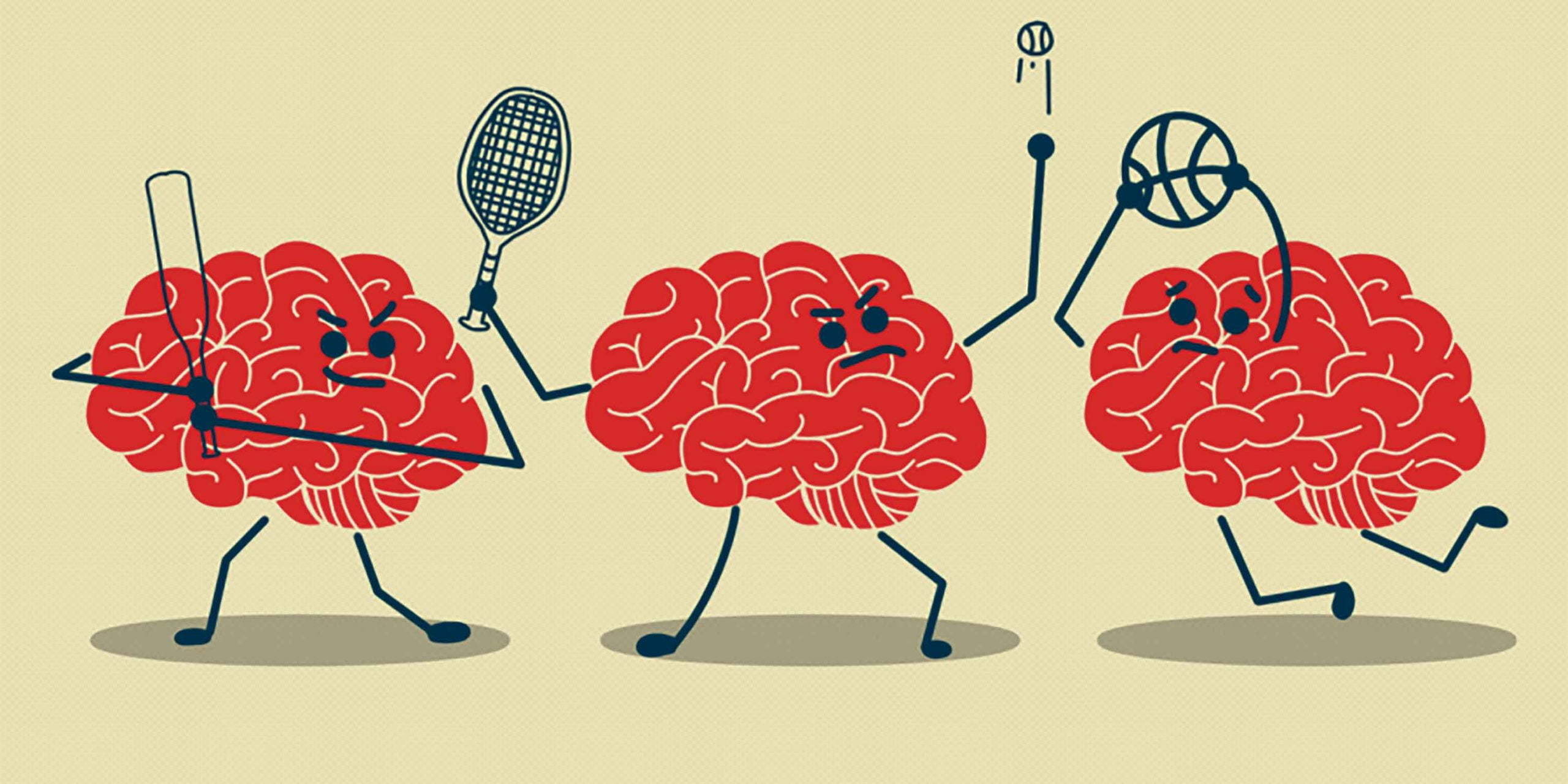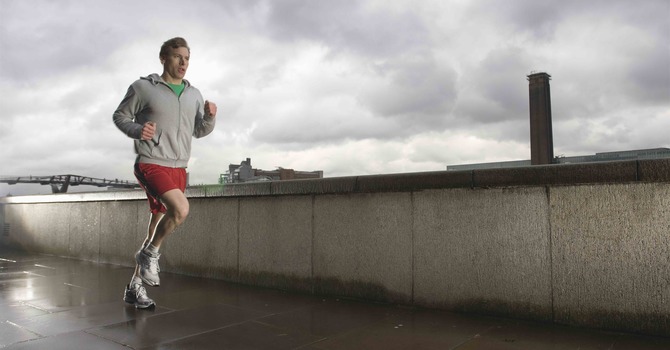
The Psychological Impact of Sports Injuries
Sports injury rehabilitation often focuses on physical healing, but the psychological side of recovery is frequently overlooked. When an athlete is suddenly unable to train, compete, or perform, it can trigger a deep sense of loss, frustration, and even an identity crisis. Their routine, goals, and sense of self are disrupted. The sense of loss that athletes can feel with being sidelines is something that many individuals experience, no matter what sport they participate in. This includes the loss of:
- Social connection: Athletes often find camaraderie and belonging within their teams. Injury can isolate them from this vital support system.
- Destressing activity: For many, sport is a primary outlet for stress. Losing this mechanism can lead to increased anxiety and frustration, which ultimately can influence their overall mental health.
- Identity and purpose: Being an athlete is a core part of their self-perception. Injury can trigger an identity crisis, making them question who they are without their sport.
These emotional challenges, if unaddressed, can impede physical recovery, increase the risk of re-injury, and lead to conditions like anxiety, low mood, and self-criticism. Recognizing and supporting the psychological impact of injury is essential for full, long-term recovery. Mental health is as important as physical health in the healing process.
Dr. Carl Bescoby’s Psychological Approach to Recovery
Dr. Carl Bescoby was recently interviewed on the Train Smart Run Strong podcast on the episode titled: The Psychology of Injuries. On it, he shares his approach to injury psychology and draws heavily on the Drive, Threat, and Soothe model from Compassion-Focused Therapy (CFT), helping injured athletes understand and rebalance their emotional systems.
- Drive System: This system is associated with achievement, motivation, and pursuing goals. Athletes often operate heavily in this "doer" mode, pushing themselves to perform and progress.
- Threat System: Activated by perceived dangers, this system triggers the "fight, flight, or freeze" response. For injured athletes, this can manifest as fear of re-injury, frustration with limitations, and a sense of helplessness.
- Soothe System: This system is responsible for feelings of safety, contentment, and self-compassion. It's often underdeveloped in high-achieving individuals who are constantly pushing themselves.
While many athletes operate in overdrive, injury often activates the threat system, triggering fear, frustration, and loss of identity. Dr. Bescoby works to strengthen the often-neglected soothe system, teaching self-compassion, emotional regulation, and psychological flexibility. His method empowers individuals to navigate recovery with greater resilience, not just by managing pain, but by changing their relationship with it.

Physical Therapy and Tips for Navigating Rehabilitation
These psychological challenges are especially common in physical therapy settings, where athletes recovering from surgery or long-term injuries often face prolonged periods of uncertainty and frustration. While the physical rehab process is structured and goal-driven, the emotional toll can be less visible. Athletes may appear compliant in rehab sessions but struggle privately with fear of reinjury, loss of routine, and a deep sense of disconnection from their sport and peers. Over time, this can lead to fear avoidance behaviors, mental fatigue, low motivation, and even disengagement from treatment. Without addressing the emotional aspects of recovery, physical therapy outcomes can stall, not because of the body’s limits but because their mindset is the biggest limiting factor.
To help navigate this, athletes can:
- Acknowledge the emotional impact: It's okay to feel frustrated, scared, or low. Don't be afraid to talk to your physical therapist or doctor about your emotions in addition to what you're feeling physically.
- Stay connected socially: Even if you’re not on the field or pool-team chats, rehab partners, or support groups can help.
- Set flexible goals: Focus on the present and reflect where you are now, not where you were pre-injury. Your PT can help you to set realistic but also flexible goals that will improve your motivation and drive to get back to your sport.
- Practice self-compassion: Talk to yourself like you would a teammate going through the same thing.
- Accept help and support: Talk to a therapist to help guide you. Don’t be afraid to seek advice as this can uplift and motivate you in your recovery.
- Use mental imagery or visualization to stay connected to performance identity while physically healing.
Recovery takes some time and a lot of patience. These strategies can help bridge the gap between physical recovery and mental resilience, allowing athletes not just to return to sport—but to return stronger, more self-aware, and mentally equipped for the demands ahead.
Dealing with a current or past injury?
Don’t wait until it sidelines you. Schedule a 1-on-1 evaluation or movement assessment with our physical therapy team to address pain, instability/balance, or mobility issues.

Valentine Ngo
Contact Me



